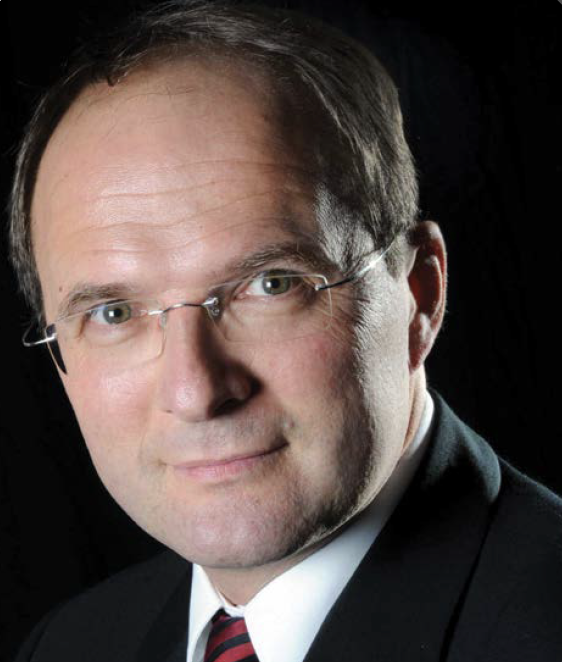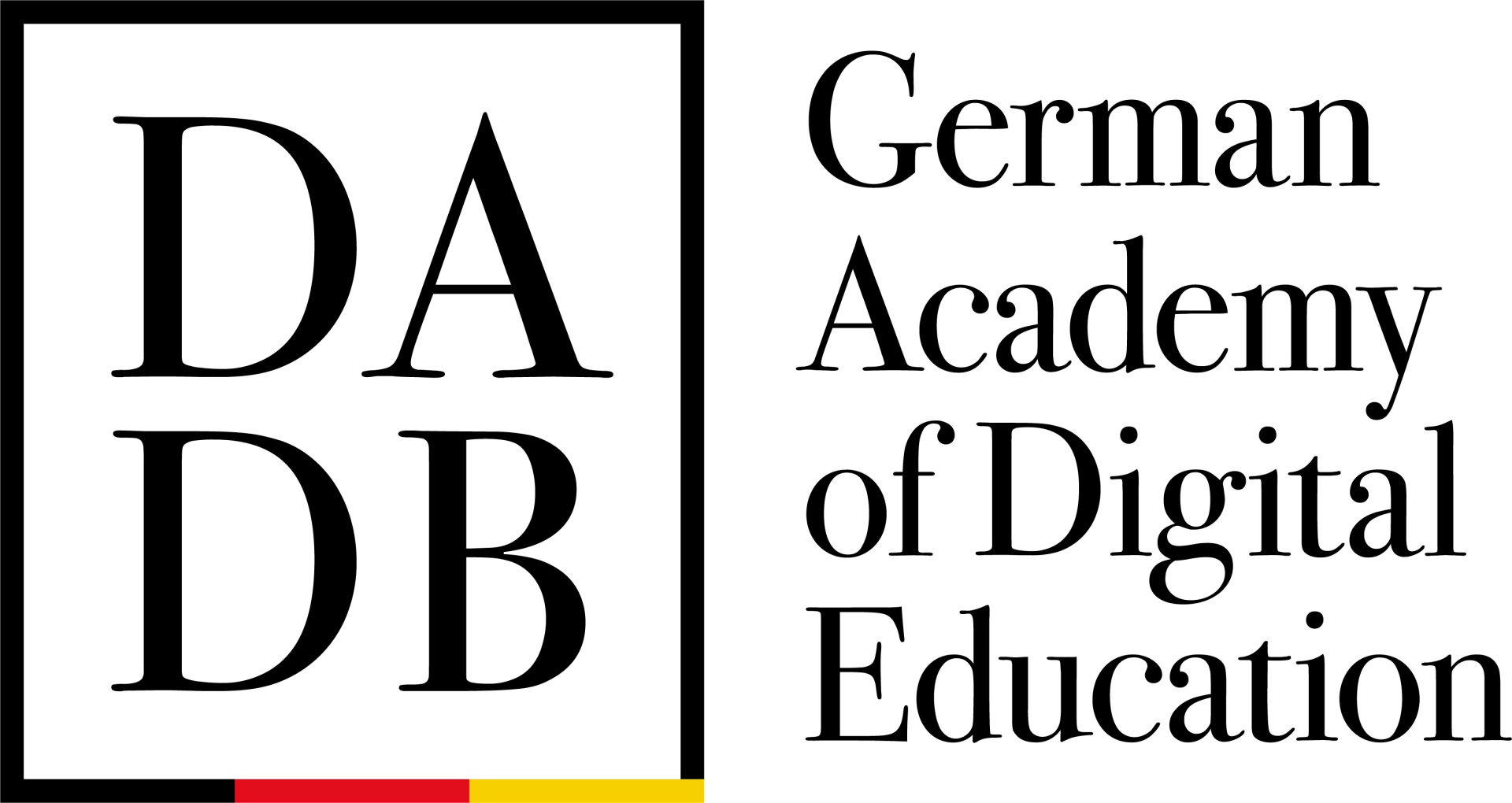5G Technology
Learn how 5G enables technologies, architectures, and network planning and how campus 5G
networks are designed and tested.
Prof. Dr.-Ing. Axel Sikora
6 Modules
Quizzes & Exercises
Expert Interviews
Assessments
Certificate of Completion
What to Expect?
What to Expect?
What to Expect?
What to Expect?
What to Expect?
What to Expect?
What to Expect?
DADB Premium Course
5G Technology
Course Objective
Course Objective
Course Objective
Course Objective
Course Objective
Course Objective
Course Objective
DADB Premium Course
5G Technology
Course Outcome
Course Outcome
Course Outcome
Course Outcome
Course Outcome
Course Outcome
Course Outcome
DADB Premium Course
5G Technology
Modules and Sections

Course instructor
Prof. Dr.-Ing.
Axel Sikora
Prof. Dr.-Ing. Axel Sikora is a full
Professor at the Offenburg University of
Applied Sciences, where he now leads
the Institute of Reliable Embedded
Systems and Communication
Electronics (ivESK). He is also a deputy
member of the board of the Hahn-Schickard Institute of Applied Research, where he leads two engineering divisions:
“Embedded Solutions” and “Software Solutions”. Since 2019, he has also been
affiliated with the faculty of engineering at the University of Freiburg, allowing him to
serve as the primary PhD supervisor.
Prof. Dr.-Ing. Sikora is the founder and head of the Steinbeis Transfer Center Embedded
Design and Networking and shareholder of STACKFORCE GmbH, an independent and
successful spin-off engineering company around IoT connectivity solutions.
Prof. Dr.-Ing. Sikora is author, co-author, editor and co-editor of several textbooks, and
of more than 200 peer-reviewed papers in the field of embedded design and wireless
& wired networking. Amongst his many other duties, he serves as Chairman of the
annual embedded world conference (Nuremberg) – the world’s largest event on the
topic – and as Scientific Advisor to both the annual Wireless Congress (Munich) and
the annual IoT Conference (Stuttgart).
